Zara's #DearSouthAfrica micro-influencer campaign floods social media
In the days prior to the launch, Zara rolled out its #DearSouthAfrica micro-influencer campaign to create awareness around the news.
As South Africans got ready to start online shopping at Zara, global media intelligence company, Meltwater, tracked the #DearSouthAfrica hashtag this week, as well as social media mentions around the campaign that saw micro-influencers causing quite the macro stir on social media.

No. 1 trending topic
The official hashtag used for the Zara online store campaign, #DearSouthAfrica, only surfaced on social media on Monday 16 September 2019. But as soon as micro-influencers took to Twitter on Tuesday, 17 September to share announcements that they were a part of the new Zara online store campaign, the hashtag saw an explosion of traction that garnered a total social reach of 6.25M people worldwide. On the day of the online store launch, this number had increased to 7.88M.
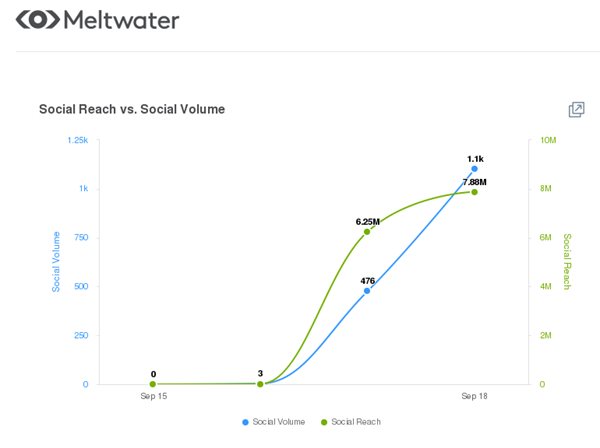
By Wednesday 17 September, ‘Zara’ was the number one trending topic in the world on Twitter, with #DearSouthAfrica trending at number 6. Online posts on social media that included the words ‘Zara’ and ‘online’ saw South Africa contribute 55.77% of all global mentions, followed by the USA with 3.47% and the United Kingdom with 1.09%.
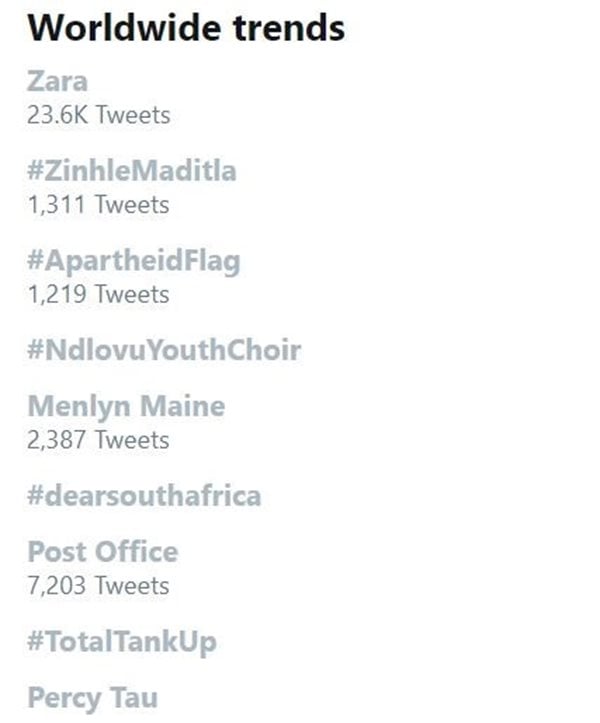
Measuring the Zara micro-influencers
While much debate surfaced on Twitter about Zara using micro-influencers for this campaign, no one can dispute the success this campaign was in generating conversations online about the new online store opening. Twitter users were quick to share their thoughts and sentiments on how well Zara, a global fashion brand, executed their campaign through the use of micro-influencers, who generally have a lower number of followers but higher engagement rates.


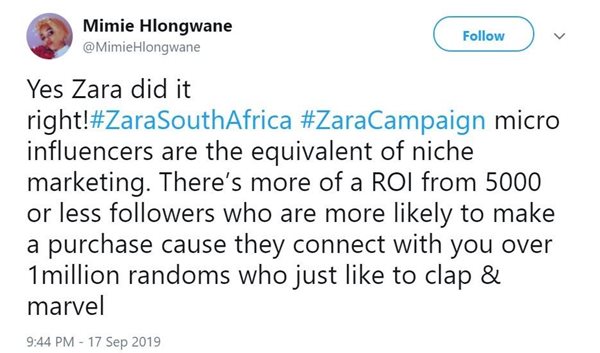
As Meltwater monitored online conversations by location, the African heat map below indicates that South Africa was yet again the number one country talking about the Zara campaign, with 94.07% of all mentions coming from South Africa. Cameroon comes in second at 1.04% followed by Nigeria at 0.97%.
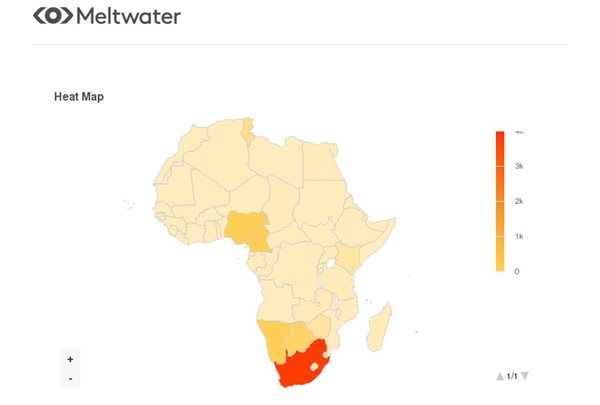
According to Meltwater, if there is one thing that the Zara online store campaign proved, it’s that micro-influencers hold significant power when it comes to influencer marketing. Because these influencers are known to have higher engagement rates, using a social media platform, such as Twitter, worked well for the Zara campaign. Not only was Twitter the top social media platform in South Africa for this campaign, but the social reach the day before the official store opening peaked at 42.3M people. On the day of the launch, social reach was 12.3M people.

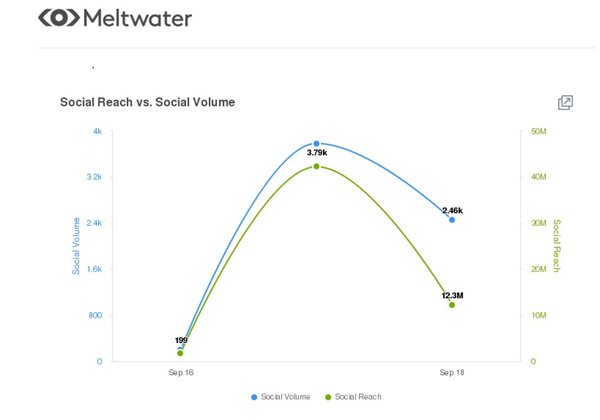
As a result, not only did the Zara campaign create hype that reached further than our borders, but the overall online conversations were positive towards Zara and their online store campaign. 68.1% of all online social media mentions with the words ‘Zara’, ‘online’ and ‘South Africa’ were positive, while only 17.8% were negative, and mainly referred to social posts on why Zara chose to work with more micro-influencers for this campaign.
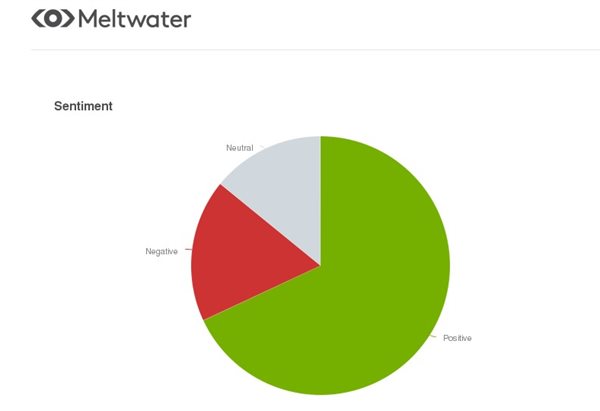
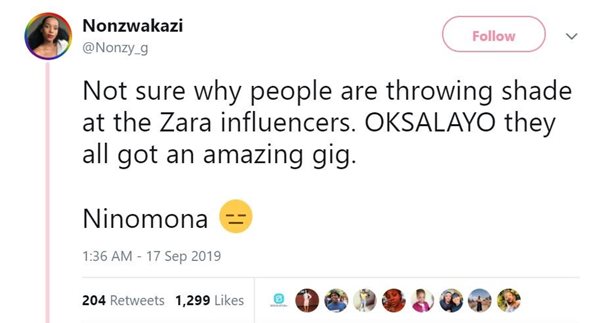
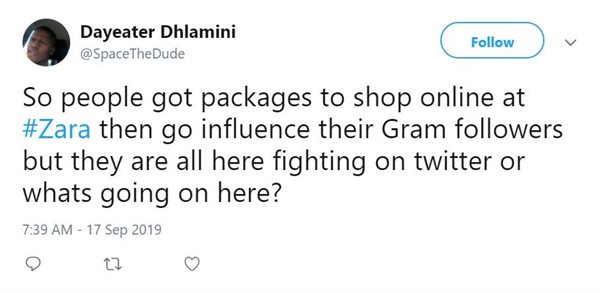
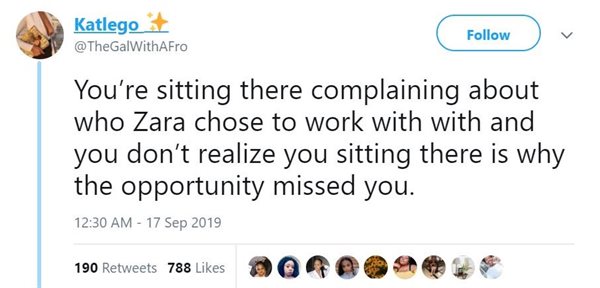
Social media and feature image via Tlego28.
Meltwater is not associated with Zara or the #DearSouthAfrica campaign in any way.















































